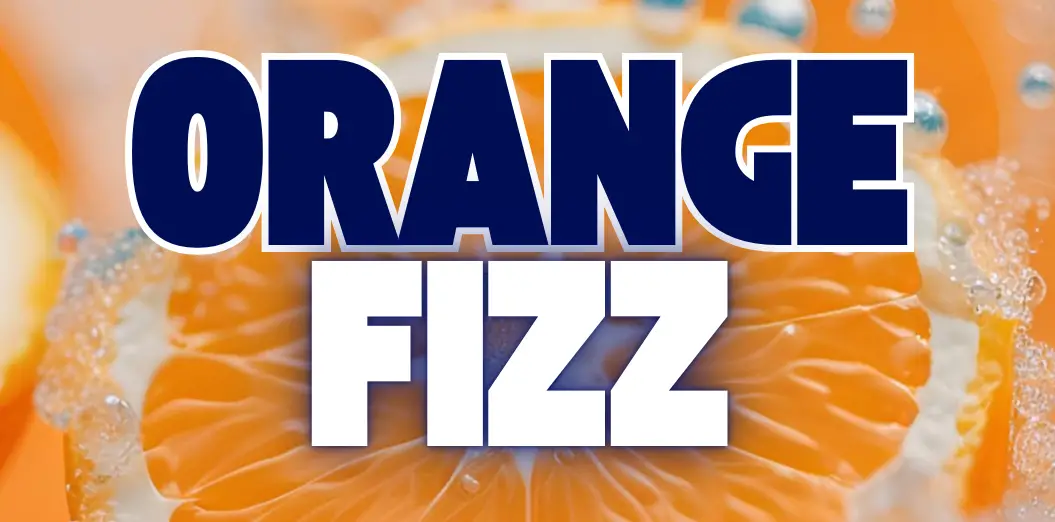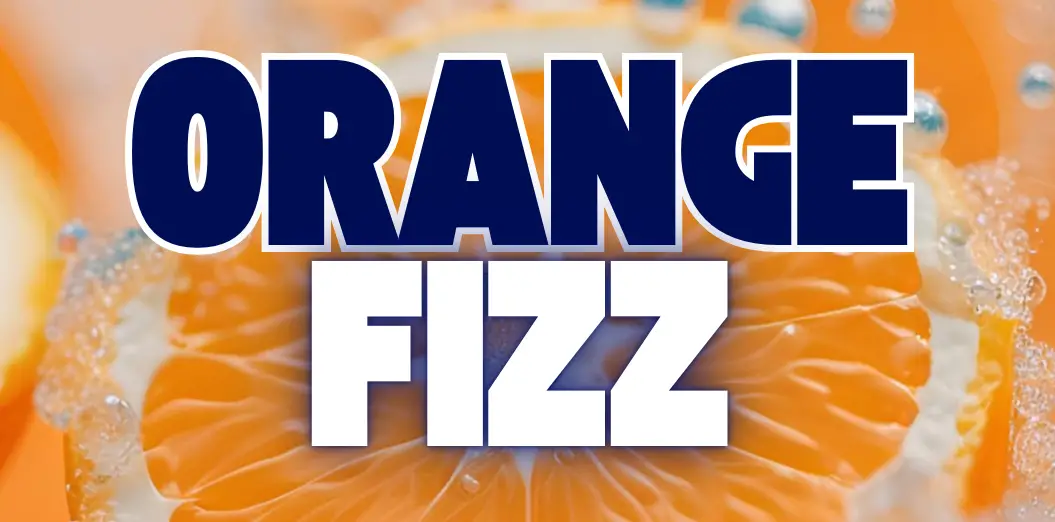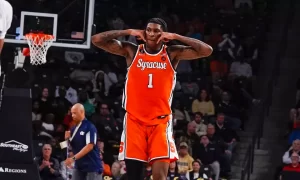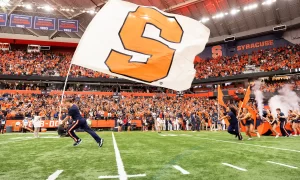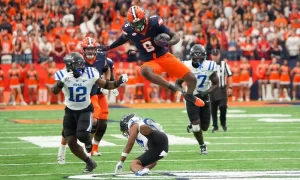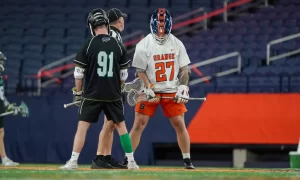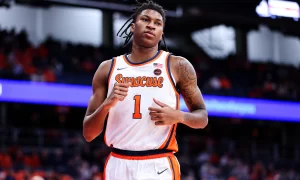Guessing sits at the center of almost every decision we make, from tossing out a wild answer at trivia night to betting on which way the market will turn.
Sometimes it’s instinct—a gut feeling that pushes us forward. Other times, we crunch numbers and weigh odds, hoping logic will give us an edge.
But why are we so drawn to guessing in the first place? Whether we’re chasing bragging rights or simply trusting blind faith, the urge to predict shapes how we play, compete, and even take big risks in life.
This article unpacks what drives our confidence, how guessing connects us, and why those leaps into uncertainty matter more than we think.
The thrill of the guess: why we take the leap
There’s a reason people light up at the chance to make a prediction—especially when something is on the line.
Whether it’s calling the next goal in a football match or tossing out a wild guess at trivia night, guessing taps into our love for suspense and anticipation.
The moment before an outcome is revealed carries a charge that’s hard to replicate elsewhere. It wakes up our senses and fuels excitement, even if the stakes are small.
That thrill isn’t limited to casual settings. High-stakes predictions—think financial markets or tournament brackets—amplify these feelings, often drawing in entire communities eager to test their skills and luck.
Platforms like Apuestas Guru know this instinct runs deep. They transform uncertainty into entertainment by letting users make predictions together, compare results, and celebrate wins as a group.
At its core, guessing isn’t just about being right. It’s about feeling involved in something unpredictable and sharing that anticipation with others. For many, this shared rush turns simple guesses into lasting memories—and sometimes bragging rights that last long after the outcome is known.
Cultural note: In countries like Spain or Mexico, placing friendly bets on soccer games isn’t just tradition—it’s part of how families and friends connect on weekends, proving that a good guess can be as social as it is thrilling.
The psychology of guessing: instinct, logic, and overconfidence
Every time we make a guess—whether it’s on a sports score, a market trend, or just where we left our keys—we’re drawing from more than pure chance.
Guessing taps into layers of instinct, personal experience, and sometimes an unearned sense of certainty.
It’s easy to think we’re just “feeling lucky,” but there’s usually much more happening behind the scenes in our brains.
Gut feelings vs. rational thinking
When faced with uncertainty, people often rely on intuition—a quick judgment that surfaces before we’ve even had time to analyze the facts.
This gut reaction comes from patterns we’ve picked up over years of experience, even if we can’t always explain it.
On the other hand, rational thinking pushes us to slow down and consider the data before making a prediction.
The tension between these approaches shows up in everything from split-second decisions at work to friendly debates over who’ll win the next game.
I’ve seen colleagues go with their gut on a big project pitch and others crunch numbers for hours—both swearing their approach is right.
The overconfidence effect
There’s something about making a guess that fires up our self-assurance—even when the odds aren’t really in our favor.
Overconfidence leads many of us to believe we’re better at predicting outcomes than we actually are. This can feel great after a lucky streak but quickly backfires when reality doesn’t match our expectations.
Overconfidence in Decision-Making: A 2023 systematic review highlights how overconfidence bias frequently leads people to make riskier decisions in investments and predictions than warranted by their actual knowledge, illustrating that this psychological effect remains a robust influencer of human error in judgment.
I’ve watched friends double down on bets they “knew” would hit—only to realize later their confidence was just wishful thinking dressed as expertise.
Guessing as social currency: bragging rights and belonging
Making a prediction does more than feed your ego—it pulls you into a larger social story.
Every time someone stakes a guess, whether in an office pool or an online challenge, it’s about more than just winning or losing. It’s a chance to connect, compete, and claim bragging rights within your circle.
Across cultures, guessing games have long served as icebreakers and bonding rituals. In 2025, these traditions have only grown with digital platforms turning predictions into global group activities.
From friendly bets to viral challenges
The leap from guessing the winner of last night’s fútbol match with friends to taking part in a worldwide TikTok prediction challenge is shorter than ever. I’ve watched simple wagers spark fierce rivalries at work—who can call the next sales number?—and also bring colleagues closer through shared excitement.
These guessing games aren’t just for entertainment. They create a sense of camaraderie and sometimes even healthy rivalry. People love showing off their intuition when they get it right—and ribbing each other good-naturedly when they don’t.
Whether it’s the classic World Cup pool or this year’s viral “Guess the Chart” challenge on social media, these moments turn strangers into teammates (or rivals), all in the spirit of fun.
Sharing wins and losses: the social side of guessing
Telling others about our predictions—especially the ones that pay off—has become its own sport. Posting your big win or near-miss online isn’t just boasting; it invites feedback, stories, and plenty of playful banter.
The group dynamic is powerful. A 2023 Medill Spiegel Research Center study shows how online betting communities foster connections and spark shared rituals. Whether you’re celebrating a streak or licking your wounds after a loss, you’re rarely doing it alone.
This sense of belonging helps explain why people keep coming back—not just for another shot at glory but for the feeling that their guesses matter to someone else too.
The science of guesswork: can we actually improve?
We like to think our guesses are more than just random shots. If you’ve ever tracked your predictions—be it in fantasy football or market trends—you’ve probably noticed patterns, strengths, and repeat mistakes.
The truth is, guessing isn’t just about luck. There’s genuine skill in learning from outcomes and tweaking your strategy. Yet, even as we sharpen our approach, some uncertainty always lingers. Complex systems throw curveballs that data and experience alone can’t solve.
This tension—between getting better at guessing and running into hard limits—fuels the ongoing challenge (and fun) of prediction.
Learning from feedback
If you want to improve your guesses, start by treating every prediction like a mini-experiment. Track your results honestly—not just the wins but the misses too.
When I started recording my bets during the last World Cup, I was surprised how often emotion clouded my picks. Reviewing outcomes showed clear blind spots. By noting why a guess was wrong—overlooking an underdog or ignoring a key injury—I built up instincts for next time.
This feedback loop turns wild guessing into something closer to informed forecasting. Over time, patterns emerge and new strategies take shape.
The limits of prediction
No matter how carefully we track results or learn from mistakes, some events will always escape our grasp. Even seasoned forecasters admit that luck plays a bigger role than most want to believe.
A 2023 Stanford report on Limits of Prediction spells this out clearly. The research found that even with advanced models and massive data sets, unpredictable elements and system complexity make it impossible to fully master certain outcomes in sports or markets.
So yes, you can get better at guessing—but only up to a point. Sometimes the thrill comes precisely because nobody can be sure what happens next.
Conclusion
Guessing isn’t just about getting it right or wrong—it’s about what the act says about us.
It taps into our natural curiosity, our willingness to take chances, and our drive to feel part of something bigger than ourselves.
Every time we place a bet, make a prediction, or join a friendly challenge, we reveal more than our strategy—we show our optimism and desire for connection.
In the end, it’s not just the outcome that matters. It’s the stories, the excitement, and the shared experiences that keep us coming back for more.
